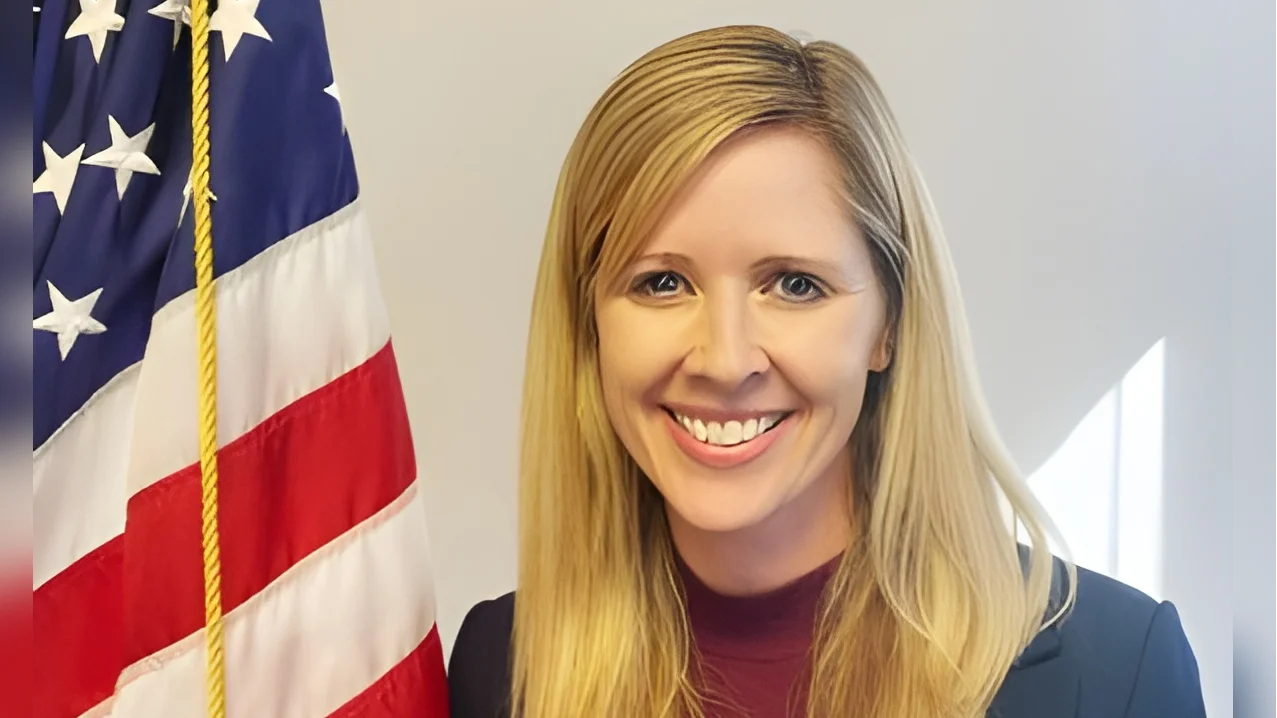Lawrence Nathanial Harris, 33, of Temple Hills, Maryland, has pleaded guilty to conspiracy to commit wire fraud and aggravated identity theft in connection with fraudulent CARES Act unemployment insurance claims. In a separate case, Harris also admitted guilt to possession of a machine gun, possession with intent to distribute a controlled substance, and possession of a firearm in furtherance of drug trafficking.
The announcement was made by Kelly O. Hayes, U.S. Attorney for the District of Maryland; Troy W. Springer, Special Agent in Charge for the National Capital Region at the U.S. Department of Labor – Office of Inspector General (DOL-OIG); Charles Doerrer, Special Agent in Charge at the Bureau of Alcohol, Tobacco, Firearms and Explosives (ATF); William J. DelBagno, Special Agent in Charge at the Federal Bureau of Investigation (FBI) – Baltimore Field Office; and Chief George Nader from the Prince George’s County Police Department.
According to court documents, between January 2021 and September 2023 Harris and others carried out a scheme targeting federal and state agencies as well as financial institutions and individuals through fraudulent unemployment insurance claims submitted to the Maryland Department of Labor (MD-DOL). Losses from these activities exceeded $550,000 but were less than $1.5 million. The group used debit cards issued under stolen identities to access funds obtained through this fraud.
Co-conspirators Bryan Nushawn Ruffin and Kiara Smith worked for Company 1—a firm providing support services for MD-DOL—and used their access to internal databases to facilitate the fraud. They allowed Harris’s group access to non-public data needed to alter existing claims’ information such as contact emails or payment methods. The conspirators uploaded fake documents supporting fraudulent claims and removed holds on suspicious accounts.
During a search warrant executed on November 16, 2022 at Harris’s residence, law enforcement found him discarding both a firearm and marijuana from his room. Authorities discovered three more firearms—including one functioning as a machine gun—in an attic accessible by Harris along with about 37 pounds of marijuana intended for distribution.
Harris faces up to 20 years in prison for wire fraud conspiracy; two mandatory consecutive years for aggravated identity theft; up to 10 years for possessing a machine gun; up to 20 years for intent to distribute marijuana; and potentially life imprisonment for possessing a firearm during drug trafficking crimes.
Sentences imposed in federal cases are often below maximum penalties after consideration by district court judges using federal guidelines.
Harris is scheduled for sentencing on November 6 at 2 p.m.
The District of Maryland COVID-19 Strike Force is among five such groups nationwide established by the U.S. Department of Justice focused on investigating large-scale pandemic relief fraud involving criminal organizations or transnational actors related to programs like the CARES Act—which provided emergency financial assistance during the COVID-19 pandemic (justice.gov/coronavirus). These strike forces use interagency teams led by prosecutors supported by data analysts.
Individuals with information about attempted COVID-19-related fraud can report tips via phone or online complaint form (justice.gov/disaster-fraud/ncdf-disaster-complaint-form).
This prosecution is part of Project Safe Neighborhoods (PSN), which coordinates efforts across all levels of law enforcement aiming to reduce violent crime and gun violence nationwide through community engagement initiatives launched May 26, 2021 (justice.gov/usao-md/community-outreach).
U.S. Attorney Hayes thanked DOL-OIG, ATF, FBI, PGPD investigators as well as MD-DOL staff who assisted with this case. She also recognized Assistant U.S. Attorneys Harry M. Gruber, Paul A. Riley, Joseph L. Wenner, Christopher Sarma; Special Assistant U.S. Attorney Lanay Mitchell; Paralegal Specialist Joanna B.N. Huber; and members of the Maryland COVID-19 Strike Force.
Further details about reporting fraud or learning more about office priorities are available at justice.gov/usao-md.





